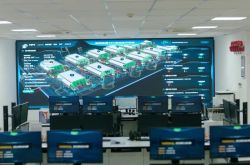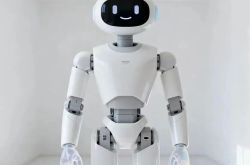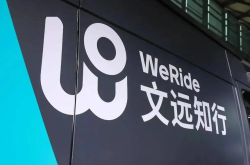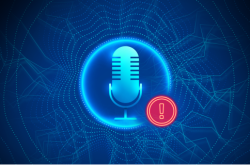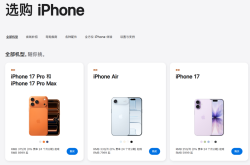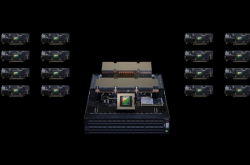PC market finally stops falling! AI PC has made a significant contribution, and the next step is segmentation?
![]() 10/21 2024
10/21 2024
![]() 613
613
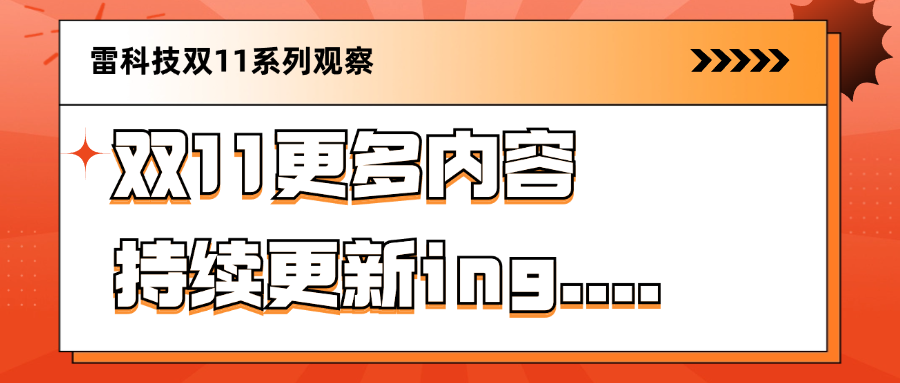
Recently, market research firm Counterpoint Research released its PC market survey report for the third quarter of 2024, which is exciting as the PC market has continued its growth momentum, showing a trend of continued recovery. The market share of most brands has increased, except for Apple, which has experienced a significant decline and stands out as an "outlier" among the top five brands.
PC market recovers, Apple's market share plummets
The report mentions that global PC shipments in the third quarter of 2024 reached 65.3 million units, a year-on-year increase of 1%. Although the growth rate has moderated compared to the previous quarter, the overall growth trend is reassuring. After experiencing a significant decline in 2023, the PC market desperately needs to regain confidence.
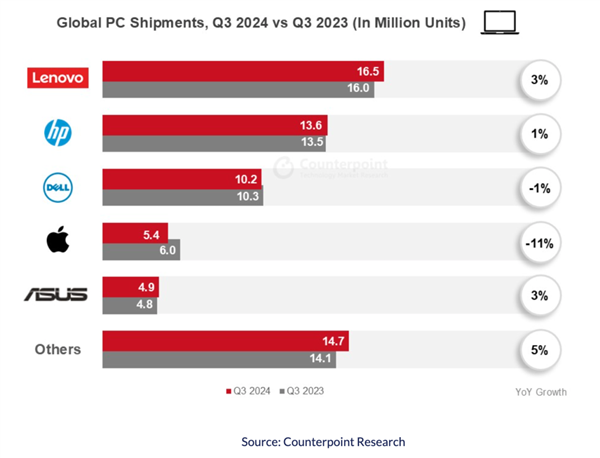
Source: Counterpoint Research
In the third quarter of 2024, Lenovo, HP, and ASUS all saw increases in their market share. Lenovo's shipments increased by 3% year-on-year to 16.5 million units, ranking first. HP grew by just 1% to 13.6 million units, taking second place. Dell, despite ranking third with 10.2 million units shipped, saw a 1% year-on-year decline.
Apple, on the other hand, performed the worst among PC brands in the third quarter, with shipments plunging 11% to just 5.4 million units. This significant decline has widened the gap with the previous quarter, and at this rate, Apple risks slipping to fifth place. In fact, in the second quarter of 2024's China PC market report, Apple had already fallen out of the top five, joining the 'Other' category. If Apple does not step up its efforts, it risks facing a similar situation in the global market.
ASUS, ranked fifth, increased its shipments by 3% to 4.9 million units, moving closer to challenging Apple. In recent years, ASUS has launched many new products and restructured its product lines, significantly enhancing its competitiveness. This is evident in the positive feedback in terms of shipments.
Can the PC market's recovery continue, and for how long?
AI-driven PC market recovery
The slowdown or even decline in PC market growth is largely attributed to the increasingly powerful capabilities of smartphones and tablets. In some mobile usage scenarios, laptops are no longer essential, as foldable smartphones and tablets can already meet the needs of light office work and content creation.
However, with the rise of AI applications, PCs have found their new niche. While AI apps are not uncommon on smartphones, in terms of edge-side AI performance, PCs still have significant potential over other mobile devices. For example, text-to-image generation on smartphones, without an internet connection, is limited and often of poor quality. In contrast, PCs, leveraging the computing power of dedicated graphics cards, can produce much better results.
Moreover, PCs equipped with the latest AI processors offer significant improvements over traditional PCs in terms of user experience and battery life. For instance, mobile PCs with Qualcomm's Snapdragon X Elite chip can deliver over 8 hours of battery life while maintaining high performance, a feat unmatched by traditional PCs.
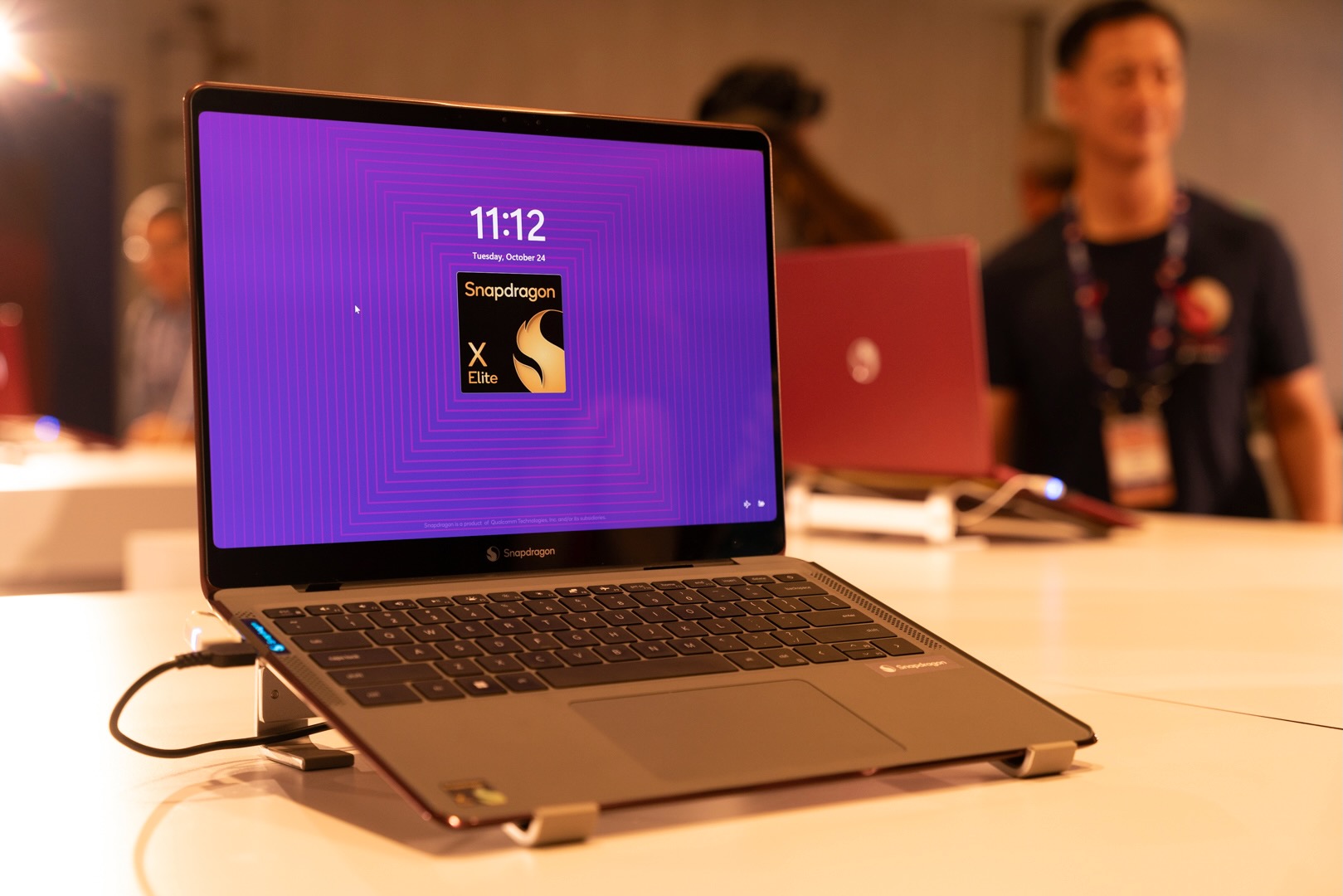
Source: Leitech
Furthermore, the newly launched Core i9-14900HX, marketed as the Core Ultra 200V, boasts a battery life of over 12 hours, attracting significant attention. This has prompted some users to upgrade their productivity tools. For mobile workers, battery life is a more critical factor than performance.
Previously, while some Windows PCs emphasized battery life, they often compromised on performance. In contrast, the new generation of processors offers both high performance and extended battery life. This doesn't mean they can maintain full performance for over ten hours but rather can dynamically adjust performance based on needs, avoiding the frequency lock in traditional processors' power-saving modes. This provides more flexible performance scheduling and higher energy efficiency.
Additionally, PC manufacturers like Lenovo are exploring ways to integrate AI into system regulation. By learning users' habits, these systems can match the most suitable performance mode to the current usage scenario, enhancing battery life while ensuring a seamless user experience.
However, battery life is not the only driving force. Microsoft's decision is also prompting some PC users to upgrade their machines. Earlier this year, Microsoft announced that it would end support for Windows 10 by October 14, 2025. After that, Windows 10 will no longer receive security updates. While extended support for up to three years can be purchased, the cost is prohibitively expensive for most users, making it more practical to upgrade to a Windows 11 PC.
Therefore, for users whose PCs do not meet the upgrade requirements for Windows 11, purchasing a new PC is the best option. It is estimated that in the coming year, this group of users (both individual and corporate) will start buying new PCs, becoming a significant driver of PC market growth. Considering that 60% of PCs still run Windows 10, even a partial replacement would be significant.
AI PC market will further segment
While AI is becoming one of the driving forces behind PC upgrades, most people still choose to replace their PCs primarily for better battery life and performance. However, in the near future, AI may become the primary reason.
AI's capabilities within PC systems will far exceed most people's expectations. For instance, it can integrate more deeply into the system, providing a range of assistance, including opening software, configuring system settings, analyzing documents, writing articles, and emails. These privacy-sensitive applications cannot be processed through the cloud, necessitating edge-side computing.
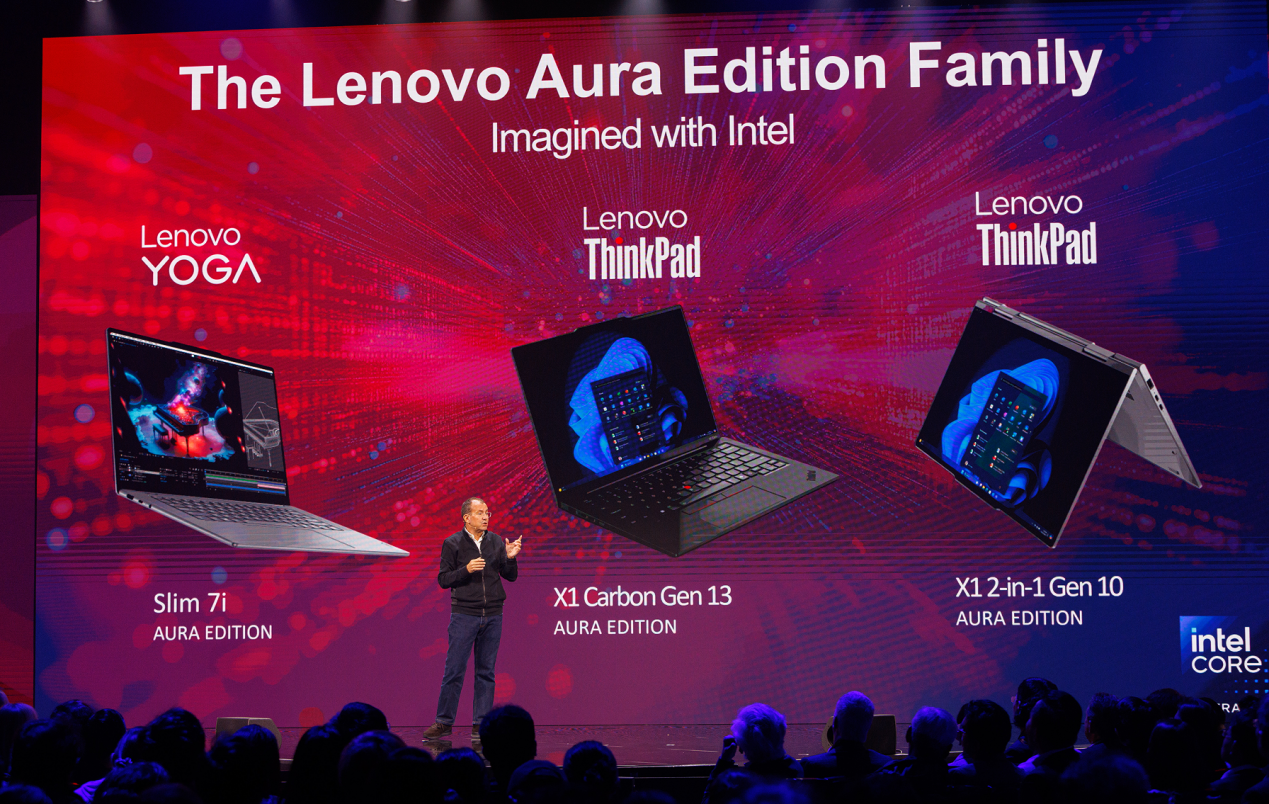
Source: Lenovo
To enjoy edge-side AI functionality, PCs equipped with the latest AI processors are essential. While traditional PCs can perform AI computations with dedicated graphics cards, their high power consumption significantly impacts battery life, contrary to mobile PC usage scenarios.
At the Tech World 2024 conference on October 16, Lenovo President Yang Yuanqing joined NVIDIA CEO Jensen Huang, AMD CEO Lisa Su, and Meta CEO Mark Zuckerberg in discussing the future of AI. They all agreed that AI will further evolve and deeply integrate with the physical world in the future.
PCs serve as an excellent platform for AI applications due to their powerful computing capabilities and open architecture. They also have more space to accommodate different AI hardware. For example, Lenovo showcased a laptop at IFA with a unique rotating screen design that automatically adjusts the screen angle based on the user's position, ensuring an optimal viewing experience regardless of movement.
As AI becomes a core service in the next-generation PC, more PC models designed specifically for AI functionalities will emerge, potentially driving new growth in the PC market.
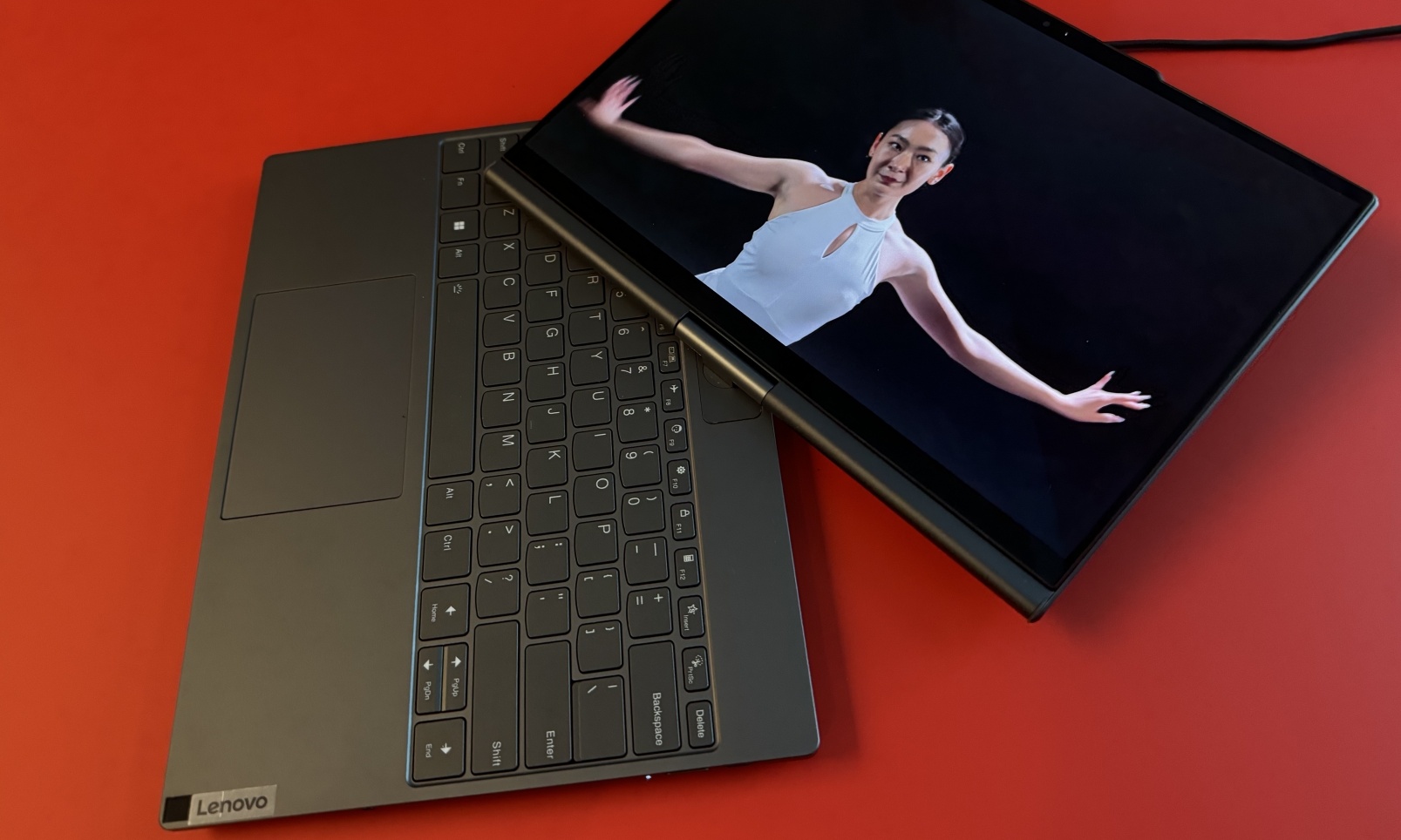
Source: Leitech
While Windows PCs are embracing AI, Apple is not far behind. Reports suggest that Apple will unveil an M4 chip-powered MacBook series in October, emphasizing AI capabilities. This indicates that both major PC camps are highly aligned in this regard. Apple's fourth-quarter shipments may also reverse their decline with the release of the new MacBook.
However, the slower-than-expected PC market recovery has put pressure on PC manufacturers, with Dell and HP, among others, announcing layoffs due to disappointing revenue. Consumers' high expectations for products have also concentrated sales among leading manufacturers, allowing Lenovo to maintain growth across most sales cycles.
Lenovo, which has made significant investments in AI, will have more advantages in the coming growth cycle, posing a challenge to competitors like Dell and HP. The road to PC market recovery will be a battleground for technological innovation and market demand, with only the most adaptable companies emerging victorious.
Source: Leitech


